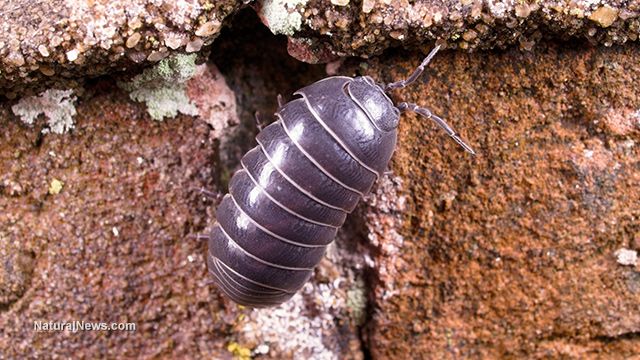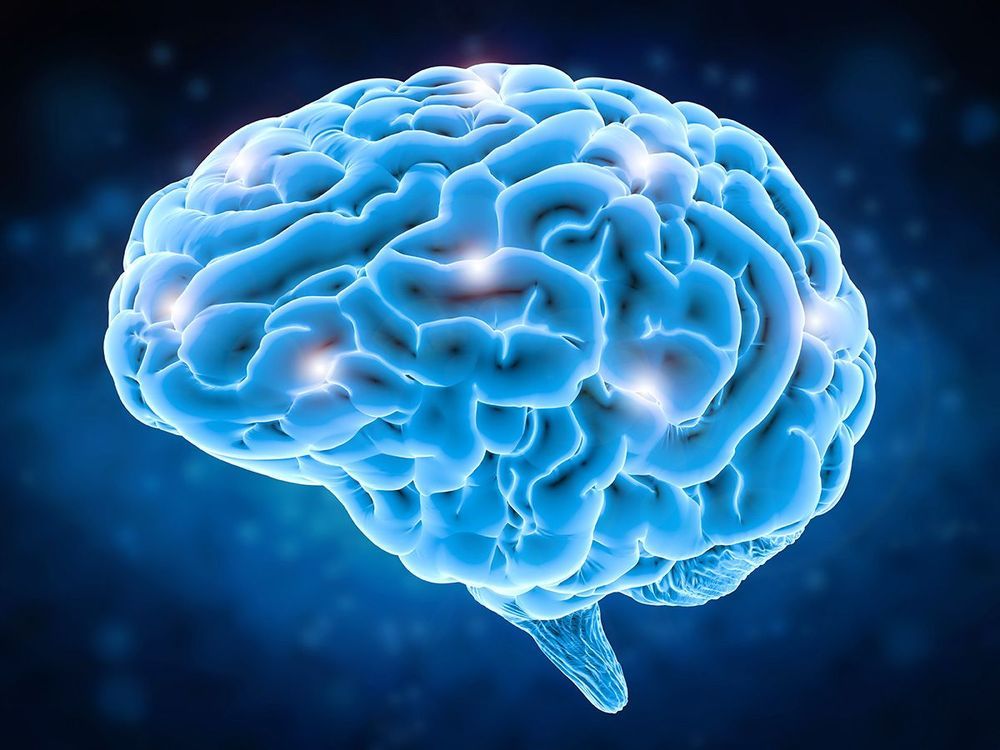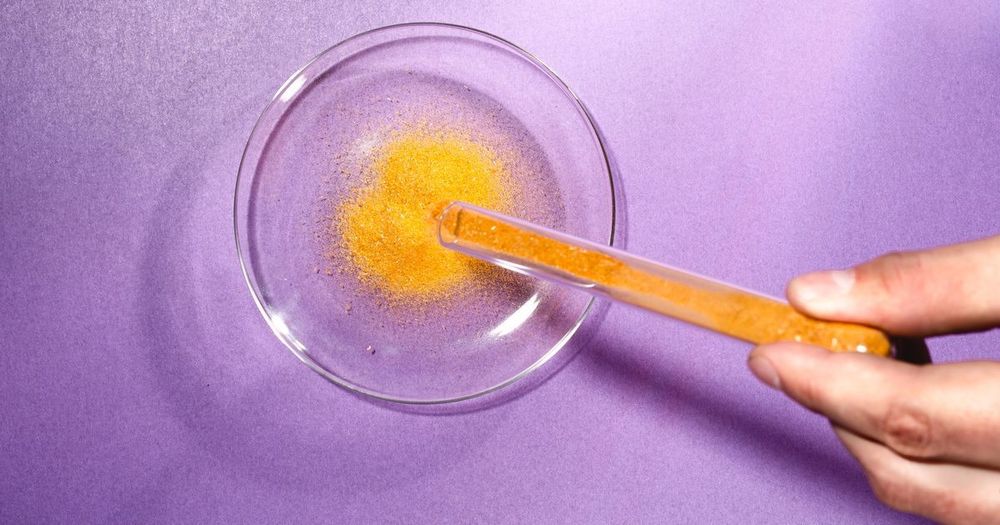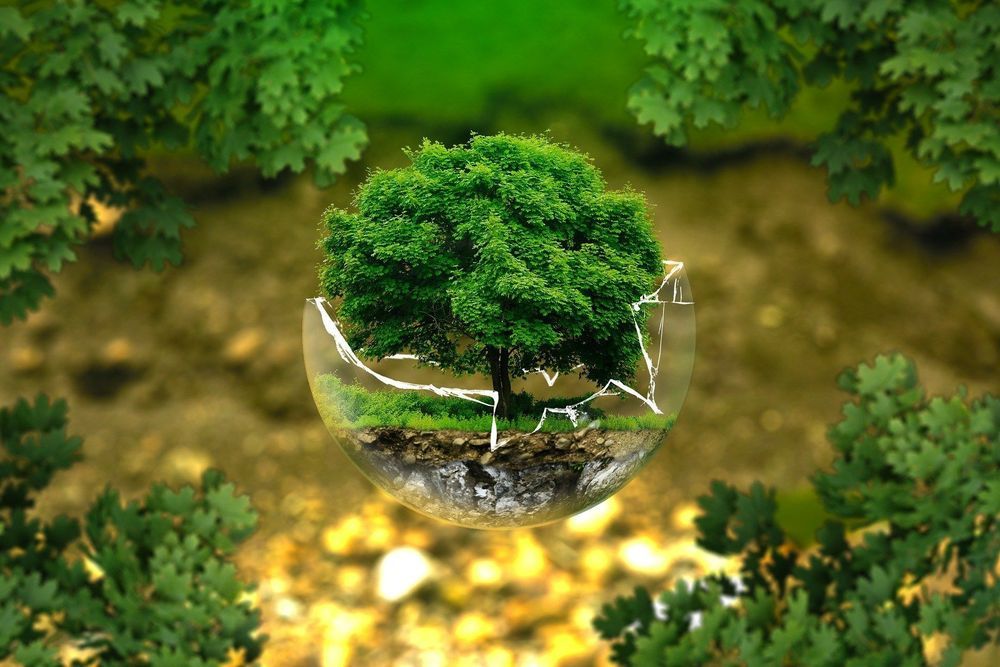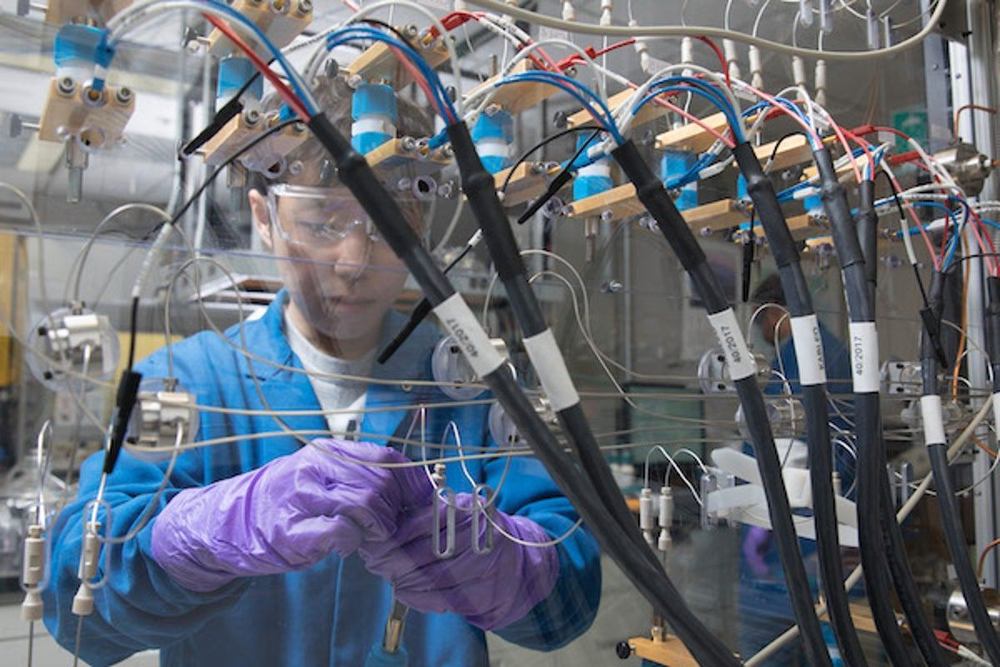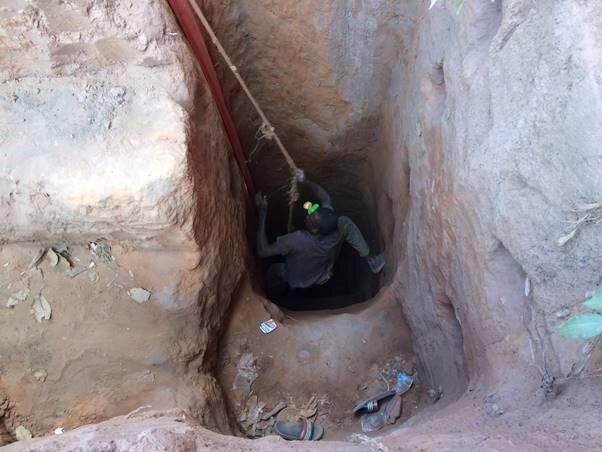(NaturalNews) Turn over a brick or a board that has been lying in the yard for a while and underneath you may find a collection of pill bugs scurrying about. Also known as “rollie pollies” or woodlice, these grey-colored creatures can be found in many dark, moist environments feeding on decaying matter. What’s interesting about these critters is that they are not bugs at all. They are crustaceans and more closely resemble crabs and shrimp, not insects. They are characterized by their ability to roll up into a ball when they feel threatened. Another unique feature is that they have seven pairs of legs. They also act like kangaroos, toting their eggs around with them in a special pouch called a marsupium, located on the pillbug’s underside. Even stranger, they don’t urinate. Instead, they exchange gases through gill-like structures.
Breeding or collecting pill bugs may be an important practice for homesteading and gardening. The guts of these pill bugs contain a number of microbes that help the critter feed on dead, organic matter. By releasing mass quantities of pill bugs into a mature garden, one can be assured that dead plant matter is being properly broken down and returned to healthy soil. Pill bugs literally speed up the process of decomposition. They circulate the soil. This can be very useful in composting. Treats for pill bugs include fungus and monocotyledonous leaves.
Pillbugs play an important role in the cycle of healthy plant life. They return organic matter to the soil so it can be digested further by fungi, protozoans and bacteria. This process produces a natural supply of nitrates, phosphates and other vital nutrients that plants need to thrive now and in future growing seasons. It is important not to introduce pill bugs into the garden too early, as they tend to munch on emerging plants. The grey soil workers often live up to three years.
